Question: How do I navigate the current mortgage environment?
Answer: A great deal has changed in the mortgage industry over the past several weeks as the industry responds to COVID-19 economic concerns. Real estate agents and consumers need to be aware of the changes as they navigate the current residential real estate market.
The mortgage industry is facing a severe liquidity problem. Investors stopped purchasing Mortgage-Backed Securities (MBS) which is the source of capital mortgage bankers use to make loans to consumers. The Federal Reserve stepped in and began purchasing some MBS offerings but is limiting its purchases to true conforming Fannie Mae and Freddie Mac packages.
Securities based on larger loans and on VA and FHA loans are not being sold. When the mortgage industry cannot sell its MBS, there is limited cash available to make loans to consumers, evidenced by current disparity in rate and point structures.
Generally, true conforming loans (< $510,401) are available in the low 3 percentiles at zero points for borrowers with good credit. By contrast, high balance conforming loans, jumbo loans and VA and FHA loans are in the upper 3’s to low 4’s.
In addition to rate/point increases, the past several weeks have seen underwriting guidelines tighten significantly. Across the industry minimum credit scores for all loan programs are being raised and minimum down payments for larger loans are being increased. Where jumbo loans are still available, minimum borrower reserve requirements are being increased and income standards are being tightened.
On some programs, maximum debt-to-income ratios are being lowered. Mortgage insurance companies are also tightening their underwriting requirements and have increased mortgage insurance premiums. All in all, many borrowers are finding it more difficult to qualify for mortgage financing.
On the positive side, both Fannie and Freddie began accepting exterior only and “desktop” appraisals for most scenarios. VA and FHA are following suit.
Our industry is beginning to work with the settlement industry to allow for hybrid electronic settlements, limiting those documents which must be “wet signed” to just a handful of the settlement documents.
Undoubtedly some consumers will decide now is not the time to sell or purchase a home. Others will recognize that this may be a great time to enter the market. For sellers, inventory is still low. For buyers, they may be competing against fewer fellow purchasers. As I always told my boys when they were standing at the plate, you cannot hit if you don’t swing.
Agents, buyers, and sellers need to keep a couple of additional things in mind. The mortgage process for the next month or so will take a little longer than usual as lenders are processing very high re-finance volumes. The appraisal process where interior inspections are required will take longer and will require coordination between sellers and appraisers for safe practices.
More than ever, borrowers need to be truly approved for financing before writing contracts. In some instances, after being preliminarily approved, buyers will lose employment and or income prior to settlement and will end up not qualified for financing. Financing contingencies must remain in place from contract to settlement.
As the nation and the world work through the virus crisis and our economy stabilizes, the mortgage industry will stabilize as well.
 Brian Bonnet | Senior Loan Office
Brian Bonnet | Senior Loan Office
Atlantic Coast Mortgage, LLC
e: bbonnet@acmllc.com | t: 703-766-6702
A lifelong resident of Northern Virginia, Brian brings twenty-five years of lending experience to the group. After graduating from The Citadel and serving as a Naval Officer, Brian transitioned to the United States Senate Veteran’s Affairs Committee where he served as a Professional Staff Member and had the responsibility of overseeing the VA Loan Guaranty program. After leaving Capitol Hill and the political world, Brian entered the mortgage banking industry. Keeping abreast of the myriad changes in the lending industry over the years has given Brian a unique perspective and the ability to successfully serve his clients regardless of the current market conditions. With his extensive knowledge about the VA and its loan guaranty program, Brian is widely recognized as a specialist in VA financing. He enjoys sharing his knowledge and experience with others and is certified to teach Financing Continuing Education in Virginia, DC, and Maryland.

 Facebook
Facebook
 X
X
 Pinterest
Pinterest
 Copy Link
Copy Link






